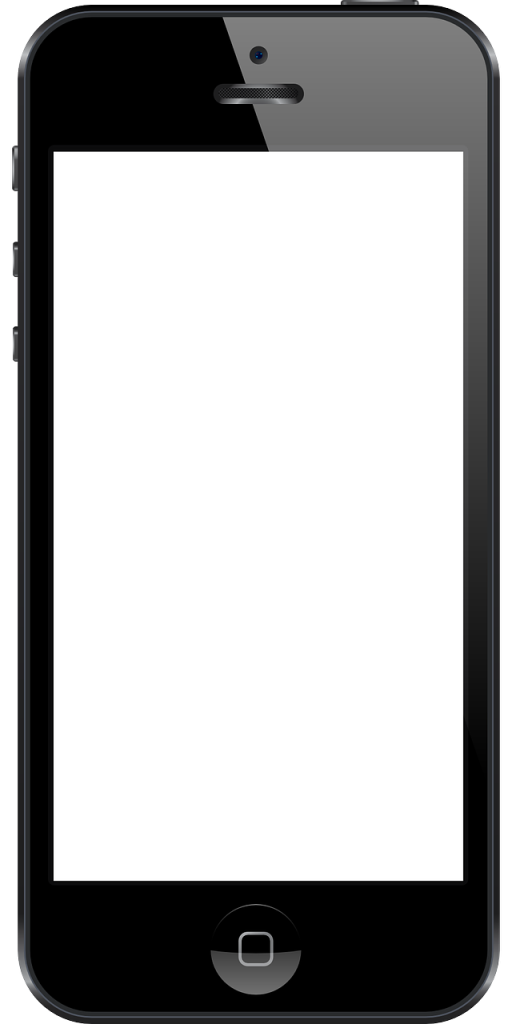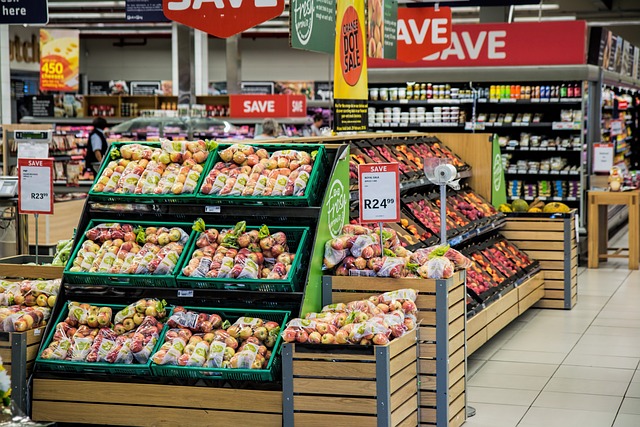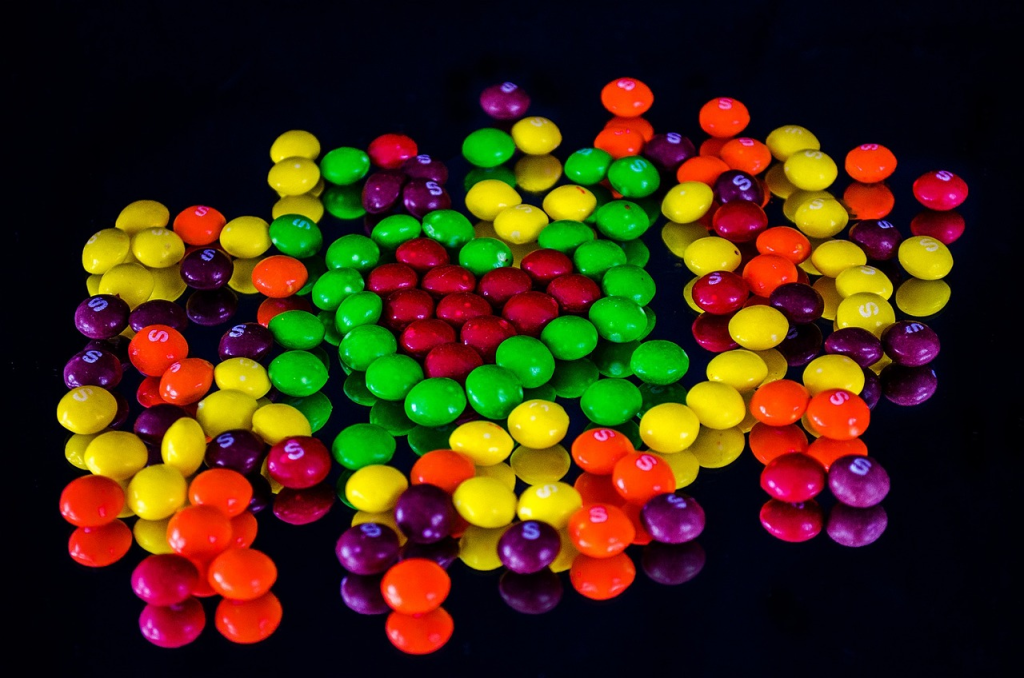iPhone users know that sensitive information such as credit card numbers and stored passwords are kept safe behind a passcode. But what if a thief discovers the code?

In an effort to increase security, Apple is currently beta testing a new feature which will serve as an extra layer of protection for sensitive data that is stored on the iPhone.
The Stolen Device Protection feature aims to safeguard iPhone users by requiring biometric authentication, such as face scan or fingerprint, before granting access to data or allowing modifications to information within the device. That way, if the passcode is compromised, the thief will still not be able to steal passwords or credit card information.
In fact, if the iPhone user wishes to perform sensitive actions such as adding or removing biometric scanning or changing a password, they will be asked to scan their face/fingerprint, and then they must wait for one hour before rescanning. Only after the waiting period will they be allowed to proceed with the edits.
A spokesperson for Apple told CNN, “As threats to user devices continue to evolve, we work tirelessly to develop powerful new protections for our users and their data…In the rare cases where a thief can observe the user entering the passcode and then steal the device, Stolen Device Protection adds a sophisticated new layer of protection.”
The Stolen Device Protection feature will be available for all iPhone users in the near future as part of a software update.


